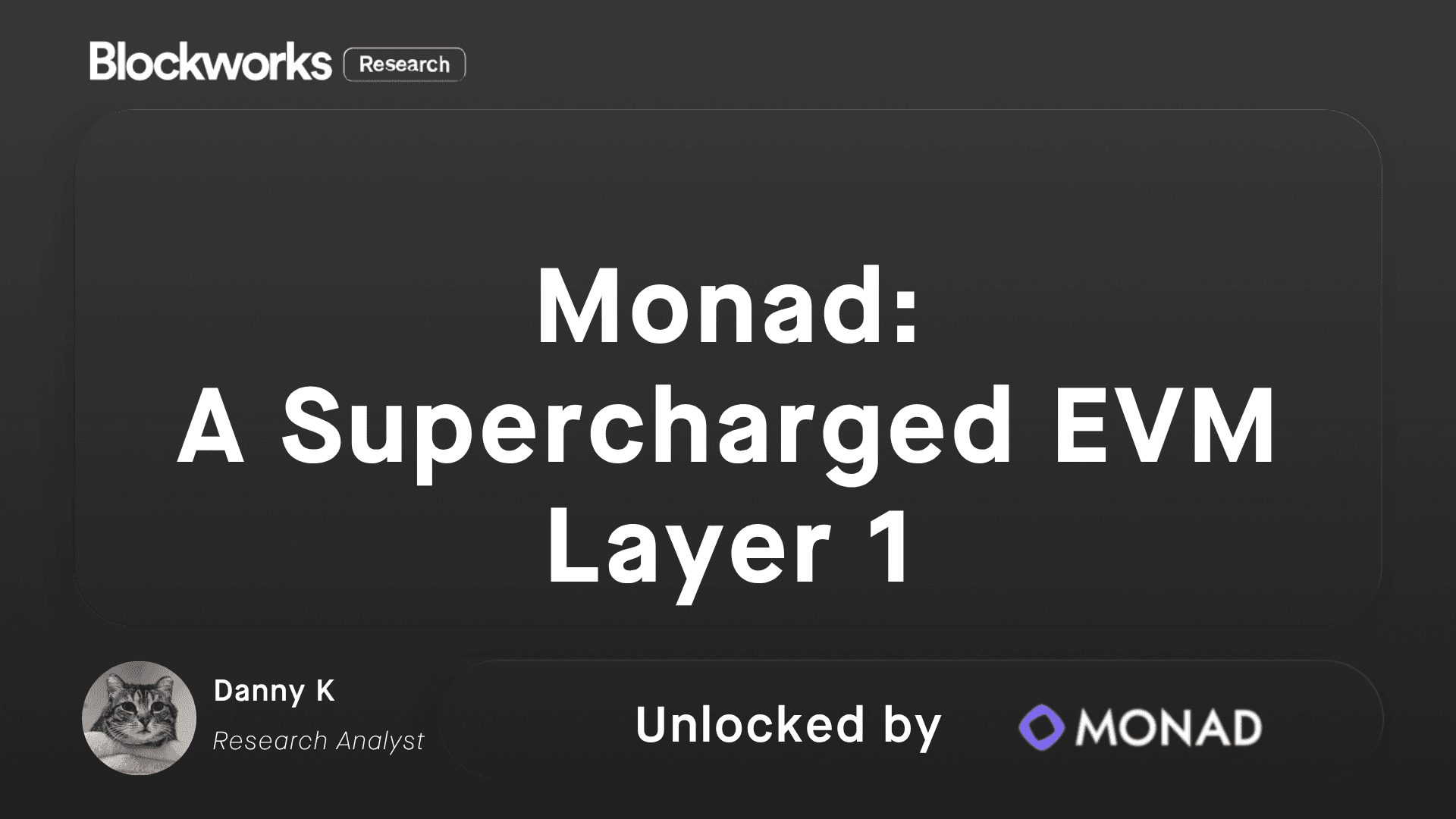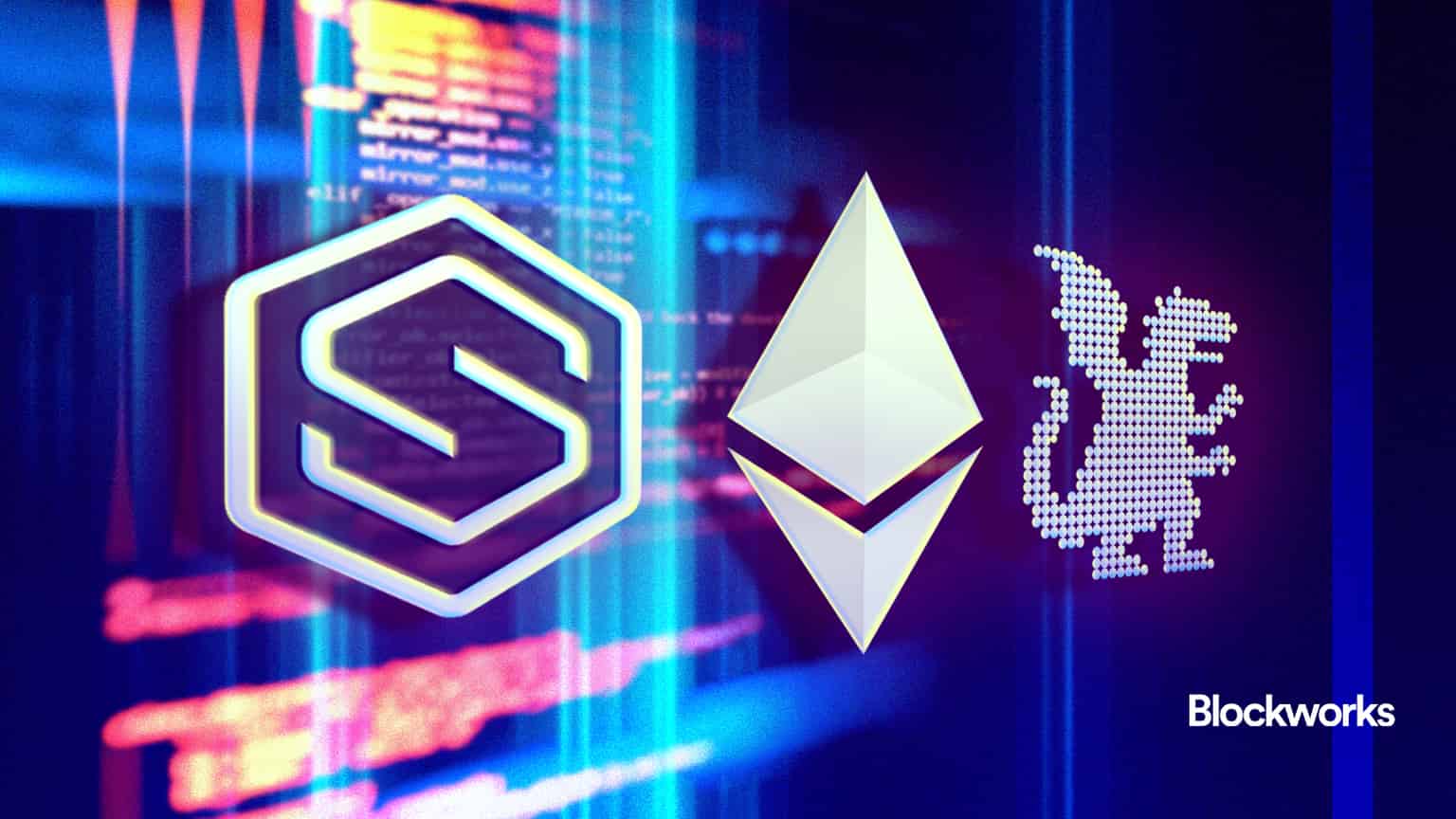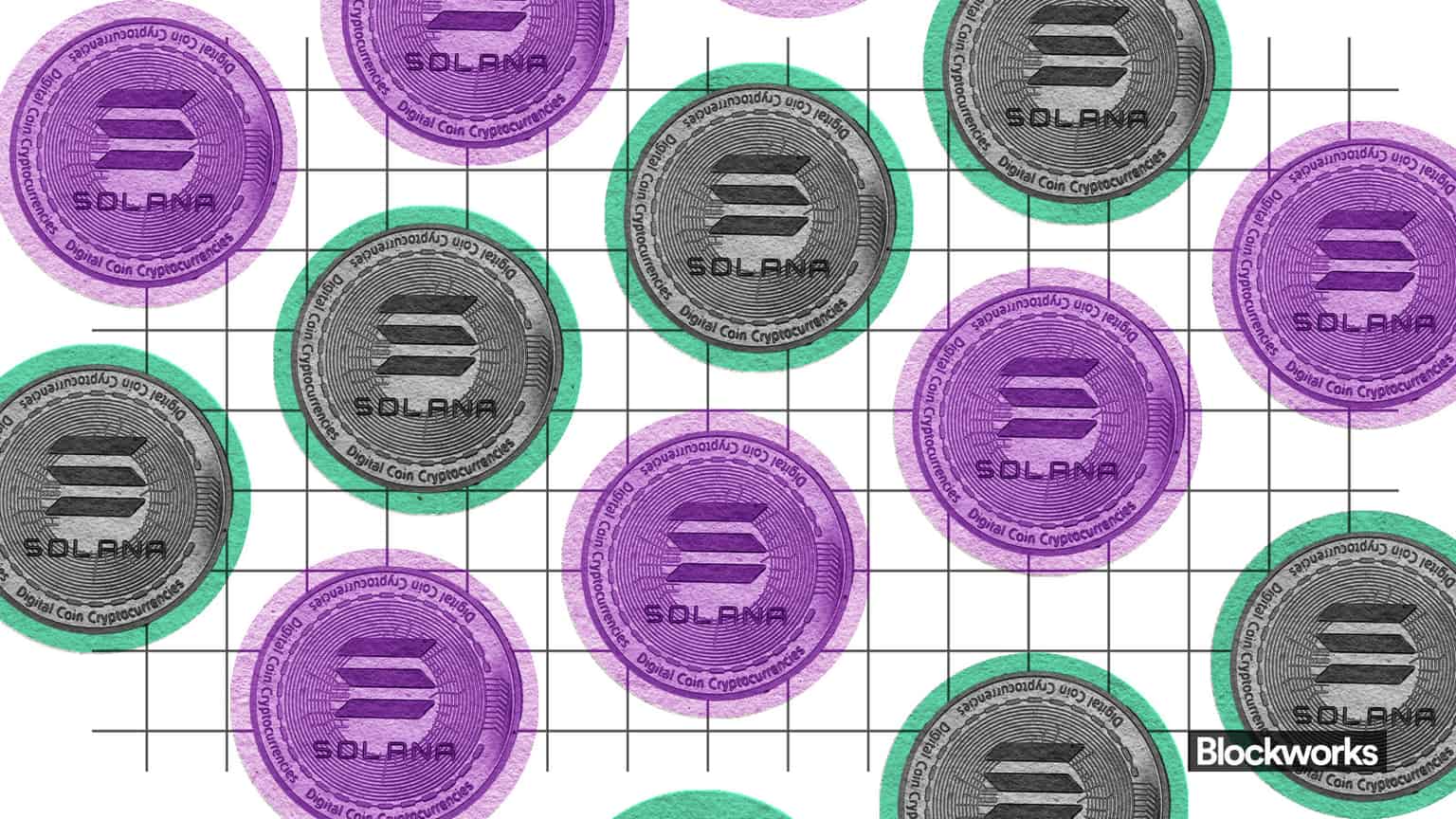What to Expect From the House Energy and Commerce Hearing
Event hosted by House Committee on Energy and Commerce to examine the energy impacts of blockchain technology

Source: Shutterstock
- Blockchain Association’s Dave Grimaldi says he expects context around mining numbers that “sound scary,” discussion around collaborations
- Witnesses to testify include Bitfury CEO Brian Brooks, who spoke at last month’s hearing in front of the House Financial Services Committee
Members of Congress are set to gather on Thursday for a hearing focused on the energy impacts of blockchains, marking the latest effort by lawmakers to learn more about the crypto space ahead of expected regulation this year. The Subcommittee on Oversight and Investigations of the Committee on Energy and Commerce will host the hearing, which is scheduled for 10:30 a.m. ET. A live stream of the hearing can be accessed below:
What to Expect
Those set to testify are Ari Juels, professor at Cornell Tech; Soluna Computing CEO John Belizaire; Bitfury CEO Brian Brooks; Steve Wright, former CEO of Chelan County Public Utility District and Bonneville Power Administration; and Gregory Zerzan, a shareholder of business law firm Jordan Ramis PC.
“Most industries kind of emerge from a regulatory and legislative perspective over years — maybe even a decade or more,” said Dave Grimaldi, head of government relations at Blockchain Association.
“Crypto and blockchain have kind of burst onto the scene and are a trillion-dollar part of the economy and a big element of everyday lives for a lot of users, and that’s happened in probably two years.”
Grimaldi joined Blockchain Association — a group aiming to improve the public policy environment so that blockchain networks can thrive in the US — in November. He previously worked as the chief of staff for Federal Communications Commission (FCC) Commissioner Mignon Clyburn from 2010 to 2013. Prior to that, he had served as legislative counsel to then-US Rep. Ed Towns and senior counsel to Majority Whip James Clyburn.
Though the complexity of crypto and blockchain can be intimidating for lawmakers, Grimaldi explained, many members of Congress have shown a genuine desire to learn more.
The hearing comes after crypto company executives testified in front of the House Financial Services Committee last month about the broader digital assets space. FTX CEO Sam Bankman-Fried said during the event that crypto technology can help make the financial system more equitable, while Brooks warned of crypto companies moving offshore if US regulators don’t act.
Grimaldi called the Dec. 8 event a “watershed hearing,” noting that most lawmakers seemed more interested in learning than making accusations.
“We thought that if there was going to be tough questions or scrutiny or demagoguery around crypto mining and climate, it would have happened then, and it didn’t,” he told Blockworks.
Focus shifts to energy
While the hearing last month covered a bunch of topics around digital assets and the future of finance, Thursday’s hearing is expected to focus more on the energy and environmental impacts of certain blockchains used in cryptocurrency mining.
“Members of Congress are generalists; they’re spread across 20 different things with barely any time in a day to be conversant in any of them,” Grimaldi said. “Deep-diving on them is helpful and puts sunlight on them. I hope that’s what Thursday is.”
A memorandum sent by House Committee on Energy and Commerce Chairman Frank Pallone (D-N.J.) to the Subcommittee on Oversight and Investigations cites an analysis by Digiconomist indicating that the energy required to validate just one ether transaction could power a US home for more than a week. Another found that the energy required for a bitcoin transaction could power a home for more than 70 days.
However, industry experts point out that use of a ‘per-transaction’ metric is misleading. In proof-of-work consensus blockchain networks like Bitcoin and Ethereum mainnet, the energy consumption is almost entirely related to issuance of new coins, and not the processing of transactions.
“Due to their broad adoption, cryptocurrencies are predicted to remain in use for the foreseeable future, raising questions about their rising energy consumption,” the memorandum states.
“Validation mechanisms that use less energy, such as Proof of Stake (PoS), exist, and demonstrate that exponential energy consumption is not necessary for cryptocurrencies to function.”
For example, when Ethereum merges its mainnet with the Beacon Chain (also known as Ethereum 2.0), becoming fully proof-of-stake, its energy consumption will plummet by 99.95%.
The New York Times reported in September that bitcoin uses more electricity than many countries, a story that Grimaldi said likely helped spur lawmakers’ attention to this issue.
“If power consumption numbers are going to be discussed, I hope that they are explained in a way where a number that sounds eye-popping and a number that sounds too big is explained by the witnesses for what it is,” he said.
Grimaldi added that committee members will likely explore during the hearing how crypto miners can decrease energy usage if necessary and how they can be incented to do so. The head of government relations noted that he will also be listening for discussion around how municipalities, city governments and public utilities companies can partner with mining communities.
“There is not a gotcha element to this hearing,” Grimaldi explained. “I hope it’s open ears and open minds and open dialogue, and I think that’s a real possibility.”
Get the news in your inbox. Explore Blockworks newsletters:
- The Breakdown: Decoding crypto and the markets. Daily.
- 0xResearch: Alpha in your inbox. Think like an analyst.
- Empire: Crypto news and analysis to start your day.
- Forward Guidance: The intersection of crypto, macro and policy.
- The Drop: Apps, games, memes and more.
- Lightspeed: All things Solana.
- Supply Shock: Bitcoin, bitcoin, bitcoin.






